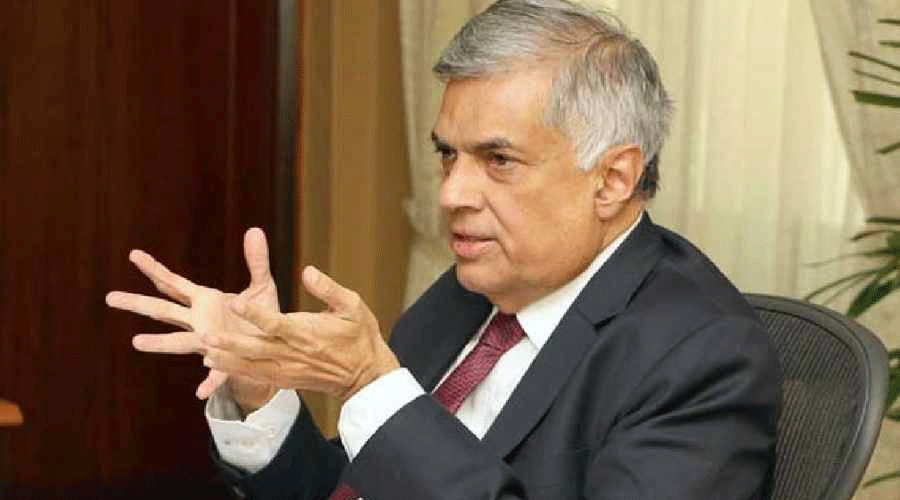India does not plan to provide fresh financial support to Sri Lanka on top of the nearly $4 billion it has extended this year, two sources told Reuters, as the island’s battered economy starts to stabilise after a preliminary loan agreement with the IMF.
India has been the biggest provider of aid this year to its southern neighbour, which is fighting its worst economic crisis in more than seven decades and struggling to pay for imports, although the situation now is less severe than it was between May and July.
“We have already given $3.8 billion worth of assistance. Now it’s all about the IMF,” an Indian government source with direct knowledge of discussions with Sri Lanka told Reuters. “Countries can’t keep giving assistance.”
A Sri Lankan government source said India’s decision was not a surprise and that New Delhi had “signalled” to them a few months ago that there would be little further large-scale support forthcoming.
The source, however, said that India would be invited to a donor conference that Sri Lanka was planning to hold with Japan, China and possibly, South Korea, later this year.
Another Sri Lankan government source said that talks between India and Sri Lanka for a $1 billion swap arrangement and its request for a second $500 million credit line to purchase fuel, made in May, had made little headway. The sources declined to be named since they were not authorised to speak to the media.
India’s finance ministry, Sri Lanka’s finance ministry and its central bank did not immediately respond to requests for comment.
Sri Lanka and the IMF reached a preliminary agreement in early September for a loan of about $2.9 billion, which is contingent on the country receiving financing assurances from official creditors and negotiations with private creditors.
“Our focus is more on taking forward the IMF programme and getting ourselves out of this mess on our own,” said one of the Sri Lankan sources. Sri Lanka has worked to use its limited foreign exchange reserves to meet fuel imports and reallocate funding from multilateral agencies for other critical imports, including fertiliser, cooking gas and medicine, said the other Sri Lankan source.
Turf war
Meanwhile, President Ranil Wickremesinghe said Sri Lanka would not take part in any “big power rivalry” in the Indian Ocean and it is unfortunate that his country has been made the “punching bag” for Hambantota.
His remarks came weeks after the Chinese embassy and the Indian High Commission here clashed verbally over the docking of the Chinese ship Yuan Wang 5 at Sri Lanka’s southern Hambantota port for replenishment.
Sri Lanka certainly does not want the problems of the Pacific coming to the Indian Ocean, Wickremesinghe said while speaking on its position on the geopolitical stage.
“We don’t participate in a military alliance, and we certainly do not want the problems of the Pacific coming to the Indian Ocean. We don’t want this to be an area of conflict and an area of war. Sri Lanka will not take part in any big power rivalry,” said Wickremesinghe on Wednesday.
Wickremesinghe said that the “geopolitics of the Indian Ocean has unfortunately made Sri Lanka the punching bag for Hambantota”.
“It is not a military port. Though ours is a commercial port, it shows our strategic importance that many people come to conclusions which are unwarranted,” Wickremesinghe said, in his second public comment on the issue in recent weeks.











